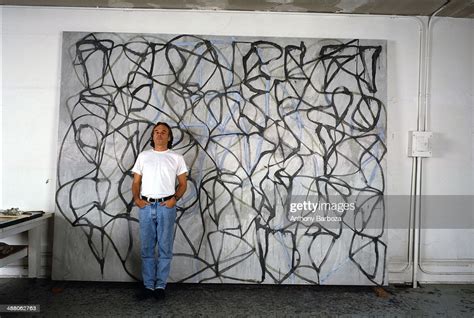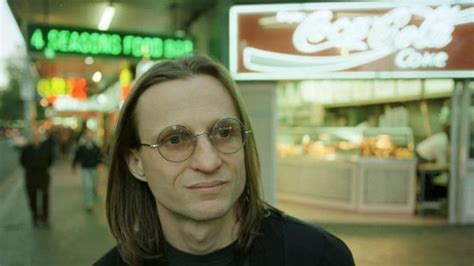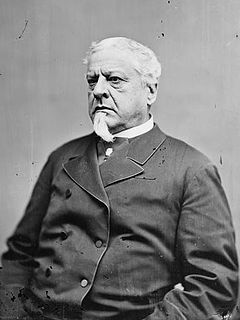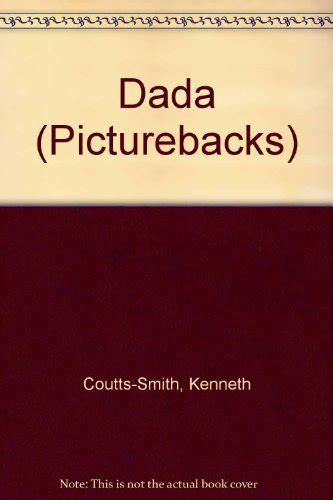A Quote by Herbert Marcuse
This (functional - E.W.) language controls by reducing the linguistic forms and symbols of reflection, abstraction, development, contradiction; by substituting images for concepts. It denies or absorbs the transcendent vocabulary; it does not search for but establishes and imposes truth and falsehood.
Related Quotes
This organization of functional discourse is of vital importance; it serves as a vehicle of coordination and subordination. The unified, functional language is an irreconcilably anti-critical and anti-dialectical language. In it, operational and behavioral rationality absorbs the transcendent, negative, oppositional elements of Reason.
Remember that an artist's life is an intense search for truth. This search takes many forms. Everyone of these forms demands its own disciplines. I learned and adapted to my search. I expect nothing from you. Question the truth of anything you confront. How does it apply to yourself and the trail you are pursuing?
What I am trying to do when I use symbols is to awaken in your unconscious some reaction. I am very conscious of what I am using because symbols can be very dangerous. When we use normal language we can defend ourselves because our society is a linguistic society, a semantic society. But when you start to speak, not with words, but only with images, the people cannot defend themselves.
Language is inherently not concerned with logic. As an expression of the psychological activities of humankind, it simply follows a linear process as it seeks actualisation. Moreover, it does not obey the objective concepts of time and space that belong to the physical world. When the discussion of time and space is imported into linguistic art from scientific aims and research methods, that linguistic art is entirely reduced to trifling pseudo-philosophical issues.
Language matters because whoever controls the words controls the conversation, because whoever controls the conversation controls its outcome, because whoever frames the debate has already won it, because telling the truth has become harder and harder to achieve in an America drowning in Orwellian Newspeak.
There is no doubt that truth is to falsehood as light is to darkness; and so excellent a thing is truth that even when it touches humble and lowly matters, it still incomparably exceeds the uncertainty and falsehood in which great and elevated discourses are clothed; because even if falsehood be the fifth element of our minds, notwithstanding this, truth is the supreme nourishment of the higher intellects.







































